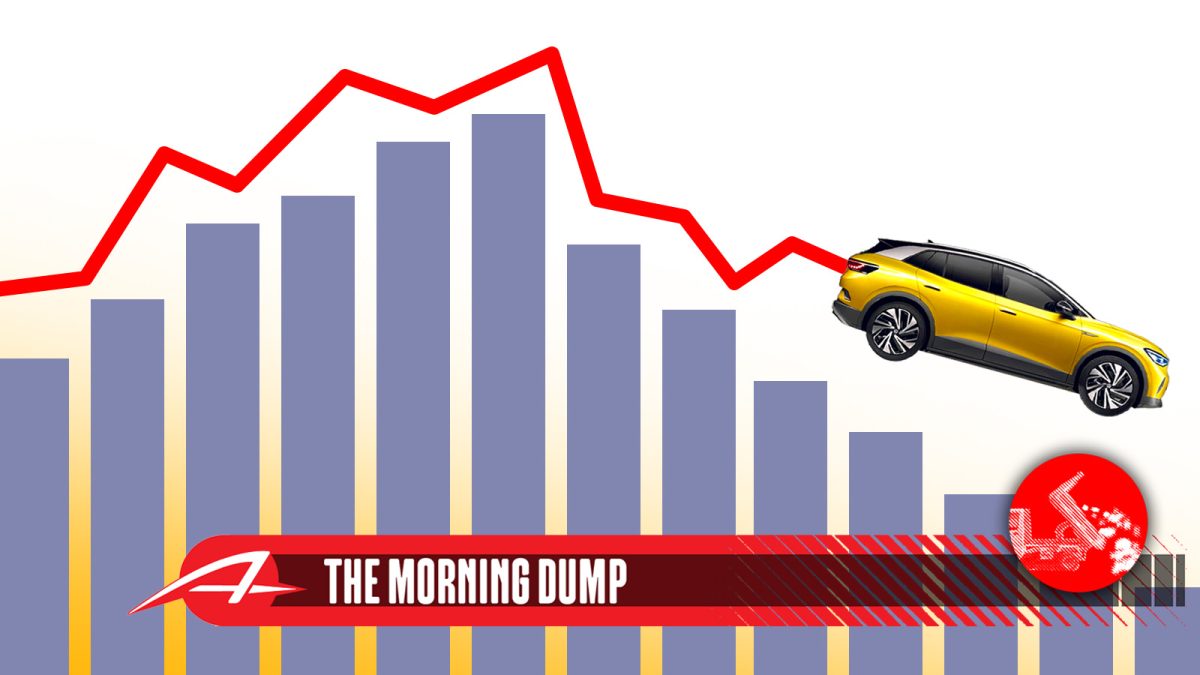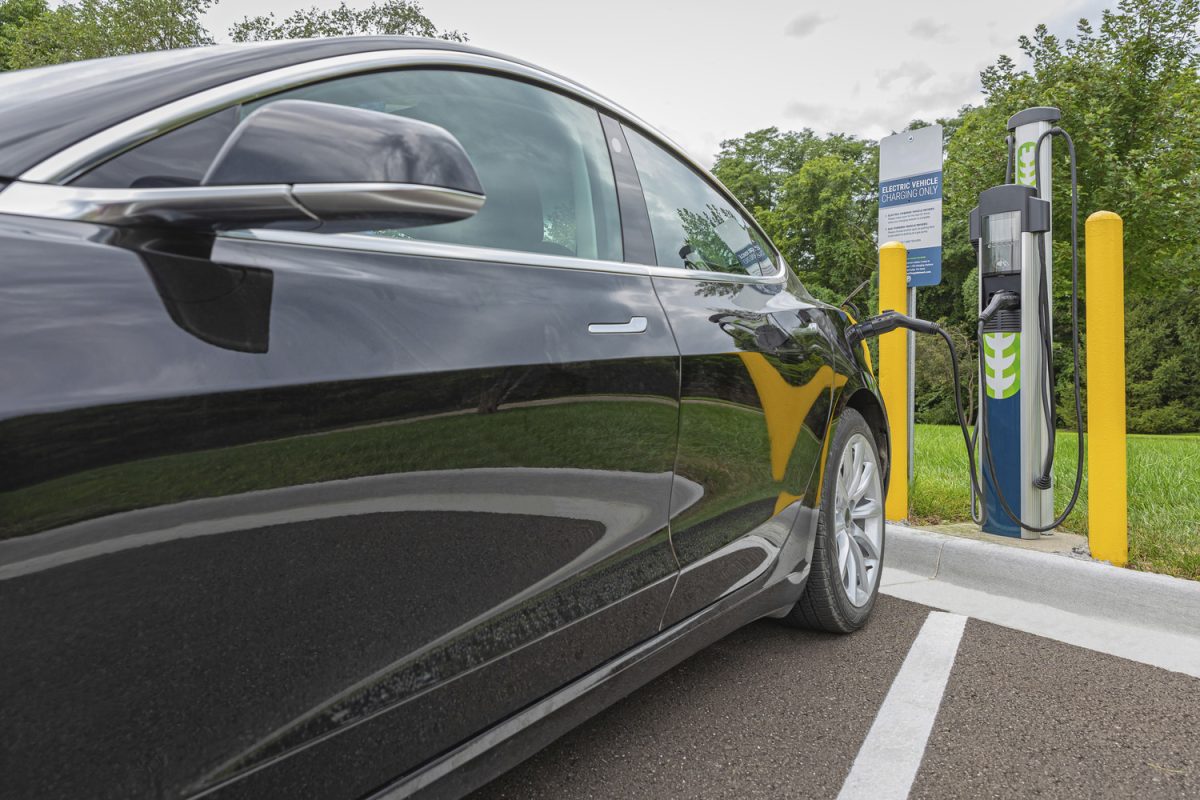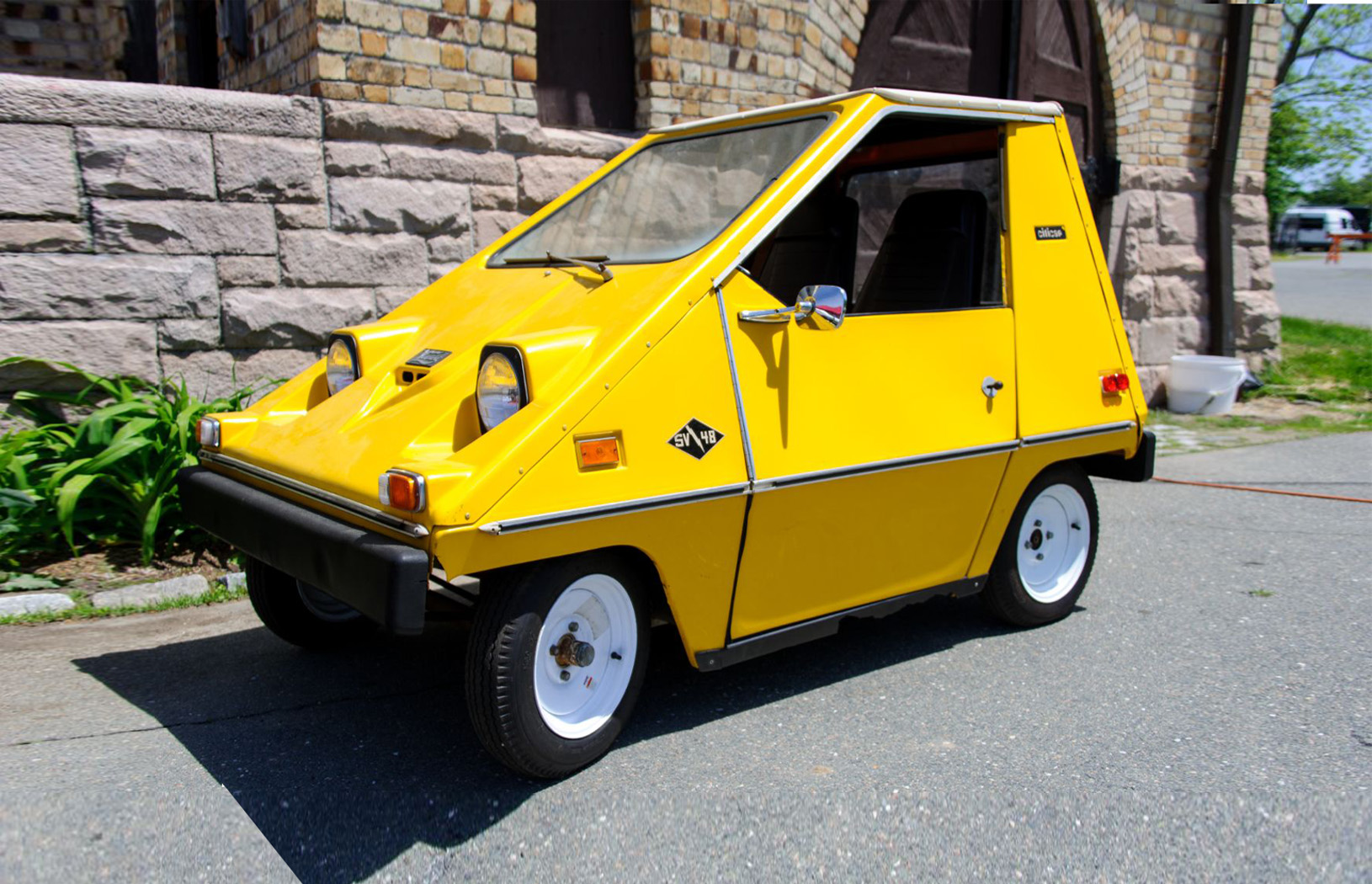In 1973, the ICE-reliant auto industry in the U.S. was hit by the first oil crisis of the decade. With fuel shortages all across the nation, carmakers were forced to quickly improvise, and the era of ugly and underpowered American cars began. Undoubtedly the ugliest and most underpowered of them all, the CitiCar overcame all odds and for nearly a decade, brought EVs back into the mainstream./autoevolution.com
TOPEKA – The Kansas Department of Transportation is pushing hard for public input to let the state tap federal funds for the development of a Kansas electric vehicle infrastructure plan, hoping to access millions of dollars set aside by the Biden Administration to promote EVs. But unlike the movie Field Of Dreams, the unpopularity of EVs so far questions the idea that “if you build it, they will come.”
KDOT circulated a press release this week requesting public feedback on EV charging in order to help create the state’s infrastructure plan to service electric vehicles. Each state is required to develop a national electric vehicle infrastructure (NEVI) plan, funded by the green energy elements of Biden’s massive $2.1 trillion Infrastructure Investment and Jobs Act from 2021. Kansas may receive up to $40 million dollars of those EV targeted funds over 5 years, and localities can apply for extra cash through $2.5 billion in additional discretionary programs.

The KDOT press release pointed members of the public toward a short survey asking for the impressions and opinions on EVs with an aim toward using the data to help formulate the Kansas NEVI plan. The survey is accessible only after surfing through an extensive online commercial touting the virtues of electric vehicles and clean energy infrastructure.
But despite the windfall of federal cash, electric vehicles face the same problem in Kansas as they face in most of the rest of the country and especially the Midwest – legislators and the voters they represent don’t like them.
Last summer an analysis from the American Council for an Energy-Efficient Economy ranked Kansas 31st out of the 50 states for its efforts to force the embrace of electric vehicles on its population, with a score of only 16 out of 100 assessment criteria.That cool sense of directive from Kansas legislators certainly is driven by input from the population, which by and large sees little point to Electric vehicles that appear too expensive, too unreliable, and far more hassle to operate than gas powered vehicles – all in a state in which the oil and gas industry is a major economic player and where rural distances require solid transportation.
NATIONAL REVIEW: The false promise of electric cars
Analysts say early adopters have already purchased their round of electric vehicles, and the reluctance among the average car buyers is shown in the sagging sales numbers in the industry of late. Last fall Ford reduced production of its F-150 Lightning Electric pickup truck and postponed $12 billion of planned EV spending. Mercedes-Benz executives described the EV Market as a “brutal space” as the company is forced to continue to discount prices in order to generate sales. General Motors has delayed three model launches and backed off a public goal of producing 400,000 EVs by the middle of this year and Honda announced it was ending plans with GM to jointly develop affordable EVs, according to Money.com. Despite EV tax credits of up to $7,500, fewer Americans are ready to switch to EVs than automakers or government officials thought, the Money website says.

The soft demand for electric vehicles has been a gut punch for car companies pressured to produce them by the federal government and green energy interests. Ford Motor Company said in April it lost more than $100,000 company-wide for every electric vehicle that it sold during the first quarter of 2024. Its electric vehicle unit reported a $1.3 billion loss, totaling $132,000 in loss per vehicle sold in the first 3 months of the year. Ford says it expects the electric vehicle division to lose $5 billion in 2024, compared to the $4.7 billion it lost on EVs in 2023.
Still, masses of federal dollars are targeted toward promoting EVs and helping fund pressure campaigns in the individual states to convince people to buy them and feel more comfortable about the infrastructure available to serve them. KDOT’s “Charge Up Kansas” promo campaign is part of that effort, and the agency invokes the sainted Kansas brand of Dwight D. Eisenhower for its Eisenhower Legacy Transportation Program.
Dane Hicks is a graduate of the University of Missouri School of Journalism and the United States Marine Corps Officer Candidate School at Quantico, VA. He is the author of novels "The Skinning Tree" and "A Whisper For Help." As publisher of the Anderson County Review in Garnett, KS., he is a recipient of the Kansas Press Association's Boyd Community Service Award as well as more than 60 awards for excellence in news, editorial and photography.





